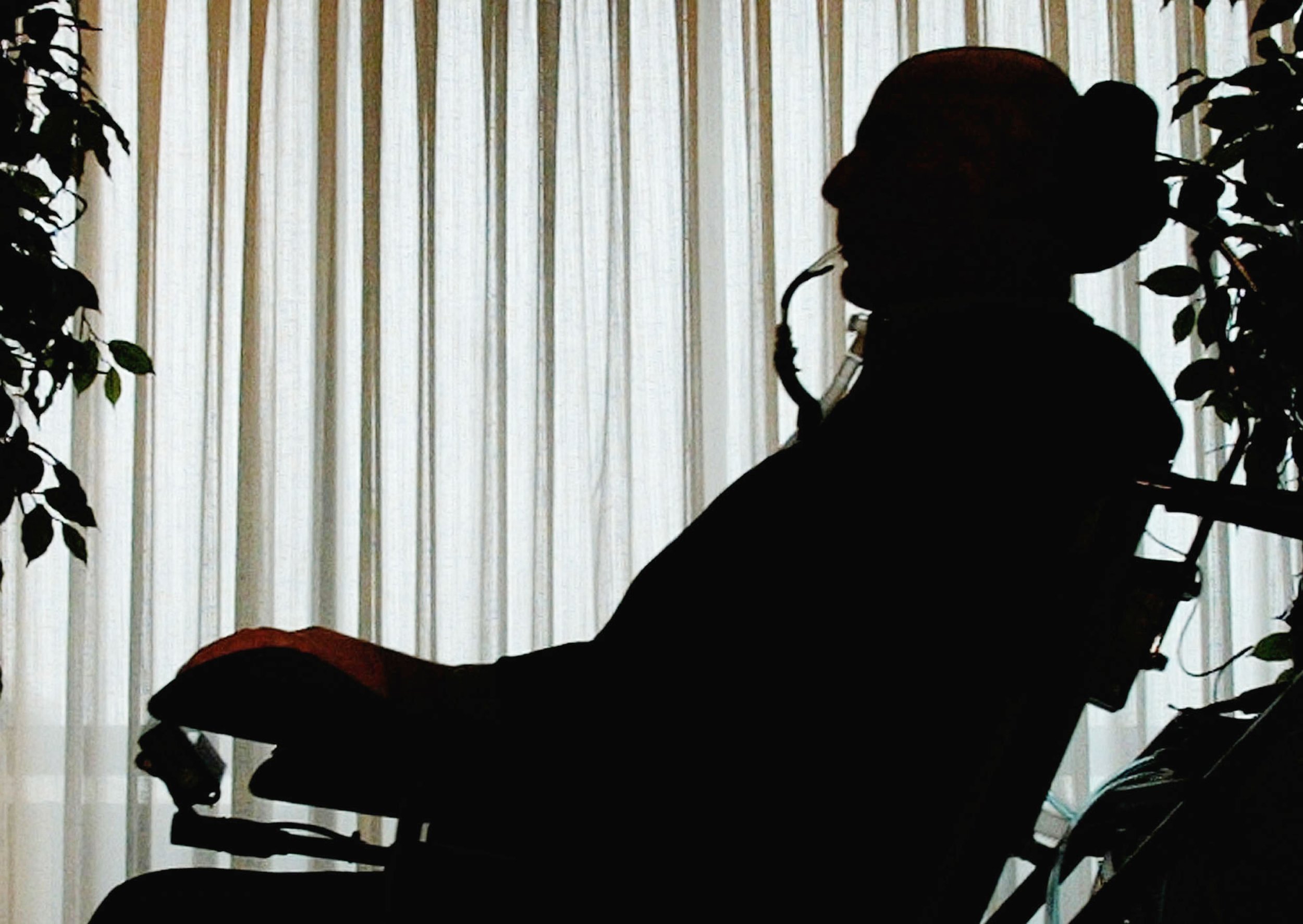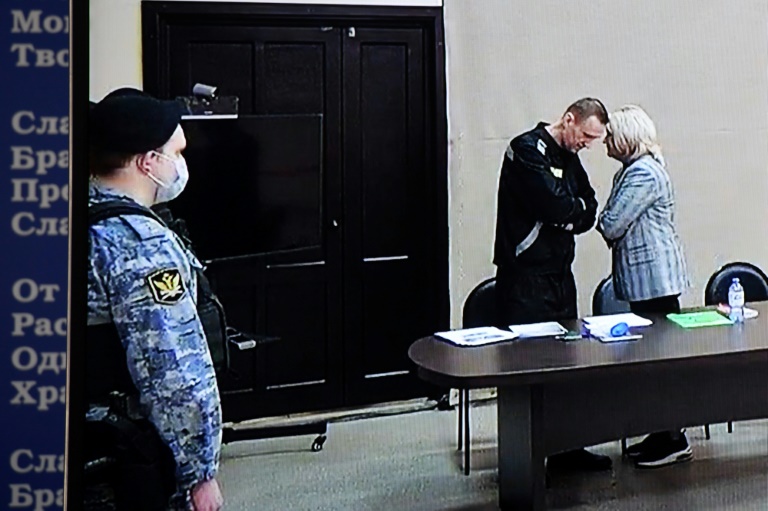NDIS Minister Bill Shorten defended the new laws, signed off by the House of Representatives on Thursday, which imposed stricter eligibility requirements to address skyrocketing costs, despite concerns from disability advocates about reduced support.
After undergoing at least 100 amendments, the new NDIS laws will also bring along new budget measures alongside the proposed reforms.
The new laws empowered the ministers to decide the extent of services provided to people with disabilities, with Shorten saying these rules will be sustainable in the long term, The Guardian reported.
“In a perfect world, everyone would love you. I’ve learned a long time ago that perfect world? I’ve yet to find it,” Shorten said, after being asked whether he felt he had betrayed advocacy groups. “To those who are feeling anxious, I respect that. I just want to say to the sun will come up tomorrow.”
The NDIS reforms were brought to the table after consulting with disabled communities, Shorten stated. With the bill set in motion, the NDIS annual cost is projected to rise from AU$35.2 billion in 2022-23 to over AU$50 billion in 2025-26, potentially reaching AU$90 billion within a decade.
Disability campaigners contend that the adjustments will restrict access to essential help. The Australian government, while investing over AU$200 billion in the NDIS, expects to save AU$14.4 billion over four years by reducing the scheme’s rapid growth rate.
“We are deeply disappointed with the outcome. These reforms will make it harder for people with disability to participate in our schools, workplaces, and communities,” said president of People with Disability Australia, Marayke Jonkers.
“We are concerned people will lose access to support before these new foundational supports are trialled, tested or even designed. … Our community is deeply worried about what their future looks like.”
Despite the bill aiming to cut costs, there was a huge outpouring of dissent from critics, who said it would restrict access to necessary support and thereby betray the trust of disabled communities.
The Senate erupted into a heated debate, with opinions sharply divided. Greens Senator Jordan Steele-John denounced the bill as a “betrayal” and Liberal Senator Hollie Hughes supported it despite her reservations.





)

